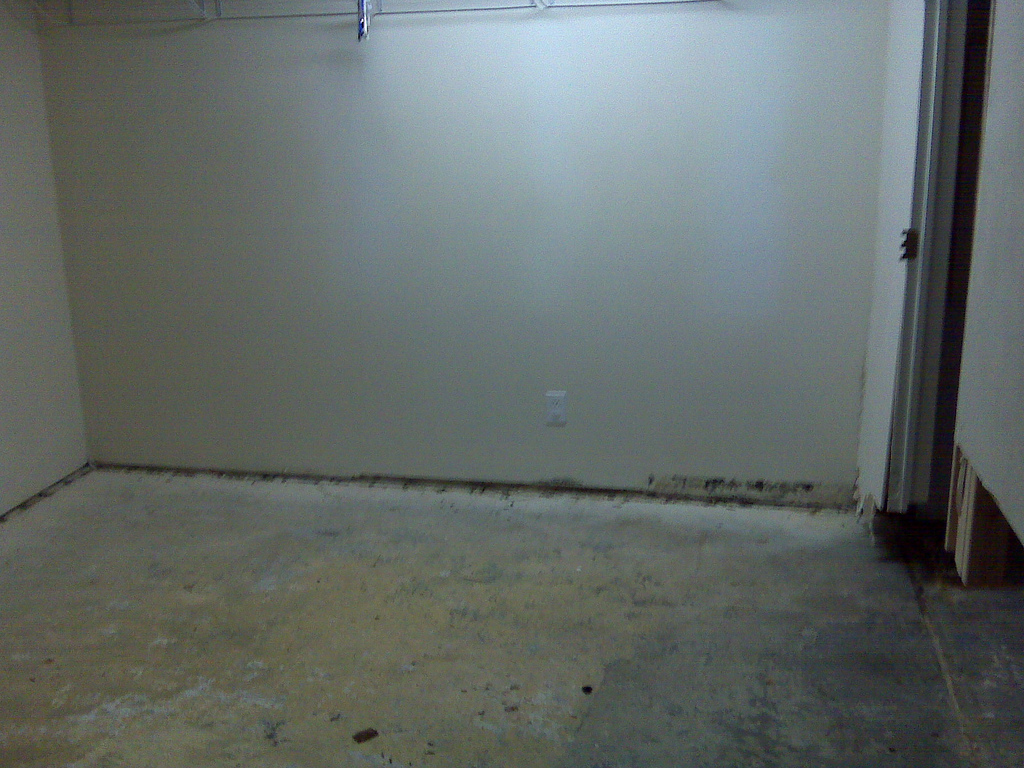Cold Weather Safety Tips
While we are almost out of this cold weather season, there’s no telling what will come next within the last few weeks of winter. With that, here are some cold weather safety tips to keep in mind before going outside for any longer period of time.
1. Dress Warmly
While this is a no-brainer, you may be surprised with how much the act of putting on layers can do for your health.
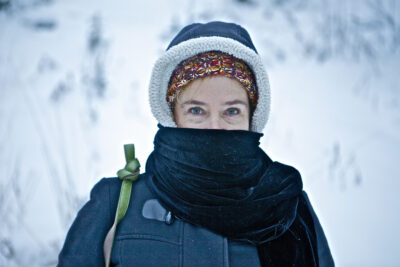
- Hats. Did you know that 70% of your body heat is lost through your head? That’s why it feels much warmer after putting a hat on.
- Gloves. Don’t forget to bring gloves for when you have to brush snow and scrape ice off the car; fingers can get especially cold doing this.
- Proper footwear. Especially during extreme cold temperatures, always wear boots. Even if you have to wear dress shoes for work, put them in a bag, and change as soon as you get there. Don’t risk getting your feet cold and/or ruining nice shoes from ice, snow, or salt.
2. Check the Forecast
Always check the weather and temperature for the day to plan accordingly. If there will be strong winds, make sure that your face, neck, and ears are protected as cold winds can be brutal on skin. You may even want to look out for the week’s forecast to be prepared for any extreme temperature drops.
3. Stay Inside
Staying inside for any period of time can feel boring, commonly known as “cabin fever.” But you can keep yourself busy by:
- Starting a new hobby
- Inviting over friends, family, or neighbors
- Start a new television series
- Catch up on housework, such as cleaning, repairs, or paying bills
- Start a DIY project
4. Stay Active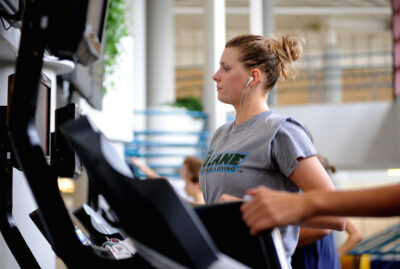
It can be easy to gain weight during the colder weather as two of the biggest holidays (Thanksgiving and Christmas) take place during the winter. Staying inside most of the time can also make people less active, making it harder to burn calories.
Here are some ways you can stay active while still avoiding colder weather:
- Start a new gym membership
- Buy dumbbells and set aside at least 30 minutes for exercise
- Do pushups and sit-ups during commercials when watching TV
- Run or walk up and down the stairs in sets
- Buy a yoga mat or fitness ball and follow a fitness program on your TV
5. Stay Dry
Any wet clothing that is worn will quickly draw heat from the body. If your gloves, coat, or boots are wet from melting snow, switch them out for a new, dry pair right as soon as possible.
Even sweating can draw out heat. In this situation, take off the outer layers or open the jacket to cool down with dry air.
6. Stay Aware
Remember that some people are more sensitive to the cold than others, such as kids, the elderly, and those with respiratory issues. Even though you may not feel cold, they are more prone to become sick from the cold weather.
- If you have elderly relatives or neighbors, check up on them to make sure they are comfortable. Depending on your relationship with them, consider offering to deliver their groceries, pick up medications, or anything else they may need. If you are not available to offer that you may consider getting help from a non-medical home health care agency for your elderly loved one.
- Remember that some medications, alcohol, and use of tobacco will increase your sensitivity to the cold.
- Hypothermia. If you or anyone you are with experiences severe shivering, loss of muscular control, or confusion, don’t hesitate to seek medical attention right away. Here’s what to do:
- Gently remove any wet clothing
- Move them indoors
- Warm them up slowly, using blankets, a space heater, or your home’s heater
- Frostbite. While frostbite isn’t life-threatening, it can result in amputation of the affected area. If you see that the skin appears to be waxy, white, and hard when touched, don’t hesitate to seek emergency help. Here’s what to do:
- Do not warm up the area until you are sure it can stay warm
- Do not massage the area
- Slowly warm the area, using body heat or warm water
7. Prevent Frozen Pipes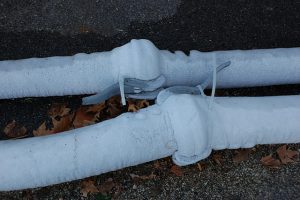
During extremely cold temperatures, preventing frozen pipes should be one of the biggest concerns. Although the frozen pipe itself doesn’t cause damage, it won’t take long until it develops a fissure and bursts, sending water in all directions. Within just a few hours, hundreds of gallons of water can flood the affected area.
Here are some steps you can take to prevent water damage from frozen pipes:
- Open both the hot and cold water valves on all sinks to allow water to flow throughout the pipe.
- Open cabinet doors to all pipes under bathroom and kitchen sinks.
- Cover all pipes in uninsulated areas of the home or building – such as in the attic, basement, or crawlspace – with electrical tape or insulationInsulation is a material used in buildings to reduce the tra... More. Or, keep a space heater running in the uninsulated area during extreme cold temperatures.
- If you are leaving the home for the winter, keep the thermostatA thermostat is a device that monitors and regulates tempera... More at at least 55 degrees.
Here’s what to do when finding a frozen pipe:
- Warm up the frozen area with a space heater or infrared heat lamp.
- Turn on the water faucet and connect it to the frozen pipe.
- If the frozen pipe is hidden, place an infrared lamp against the building material covering the pipe. The heat should be able to pass through and thaw out the pipe, but if this doesn’t work, you may have to remove the drywall or flooring.
At any time you find a burst pipe in your home or building, stay calm. First, turn off the water using the main water shutoff valve. Then call for a professional water damage restoration company. While they are on their way, remove as many contents from the affected area as possible. Then try to mop up or blot dry the building materials.
8. Use Caution When Using the Fireplace
Fireplaces can be a lifesaver when it comes to saving money on the heating bill. But they can also cause a disaster if the chimney isn’t maintained on a regular basis. Make sure to have a professional inspect and clean it each year to prevent the flu from making a mess in the room.
Even after they are cleaned, fireplaces can be deadly in the wintertime. Make sure they are always covered by a mesh metal gate to prevent any sparks or burning wood from flying out and starting a fire. Lastly, ensure that you are using the proper kind of firewood that is safe for burning and that won’t burn out right away.
If at any time something goes wrong with the fireplace and the building materials are covered in sootSoot is fine black particles composed of carbon and other ma... More or smoke byproducts, call a fire damage restoration company right away. Professional cleaning agents must be used to remove the remnants properly without leaving a residueResidue is any leftover material, such as soot, dust, or che... More.
9. Bring Pets Inside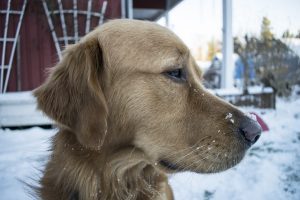
Pets, dogs especially, don’t want to be left outside any more than you do. Even if they must stay in a different part of the house, ensure that it is well heated and they have full access to food and water. Leaving them outside is animal abuse and otherwise can result in significant fines and removal of the pet.
Emergency Home and Building Restoration
Nothing is more important than protecting the safety of you and your loved ones, making these cold weather safety tips extremely important. But protecting your home or building structureStructure refers to the framework or components of a buildin... More is also crucial to ensure a safe and healthy living environment.
If you have burst pipes or fire damage from a fireplace or even a candle, you can trust the professionals of RestorationMaster to restore your property to its original condition. Their technicians are licensed and experienced to respond immediately in any event of water or fire damage. Using professional products and equipment, they can remove smoke and sootSoot is fine black particles composed of carbon and other ma... More residueResidue is any leftover material, such as soot, dust, or che... More or dry out large areas of property structureStructure refers to the framework or components of a buildin... More.
RestorationMaster will also work with insurance companies during claims processes to allow as much peace of mind as possible. In a timely manner, you can look forward to a home that provides a safe and clean environment for you and your loved ones, fully protecting against cold winter temperatures.










